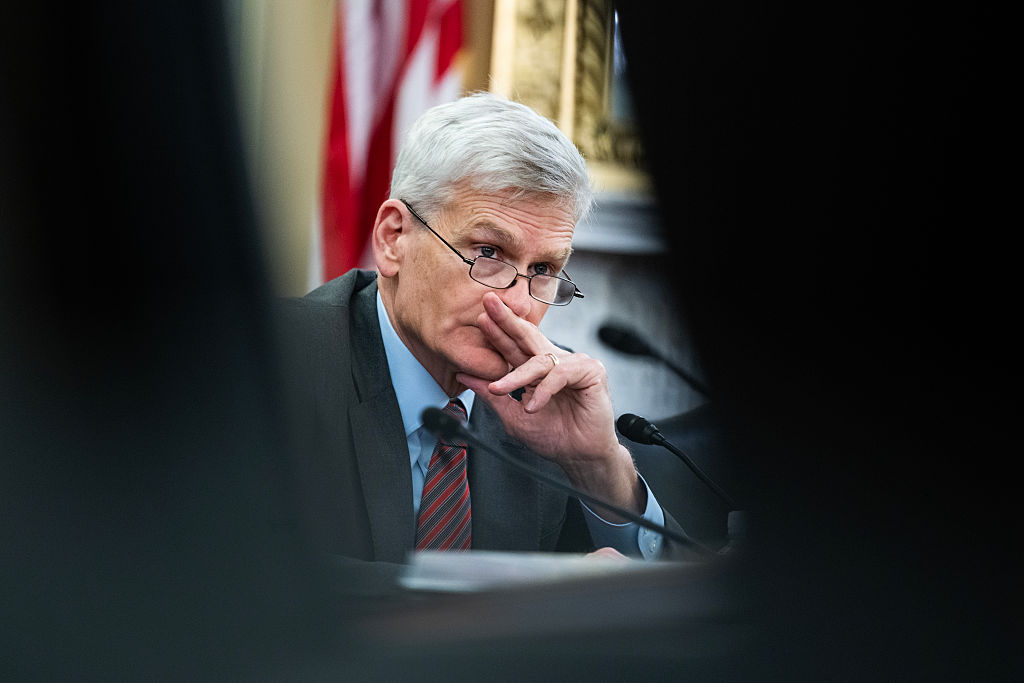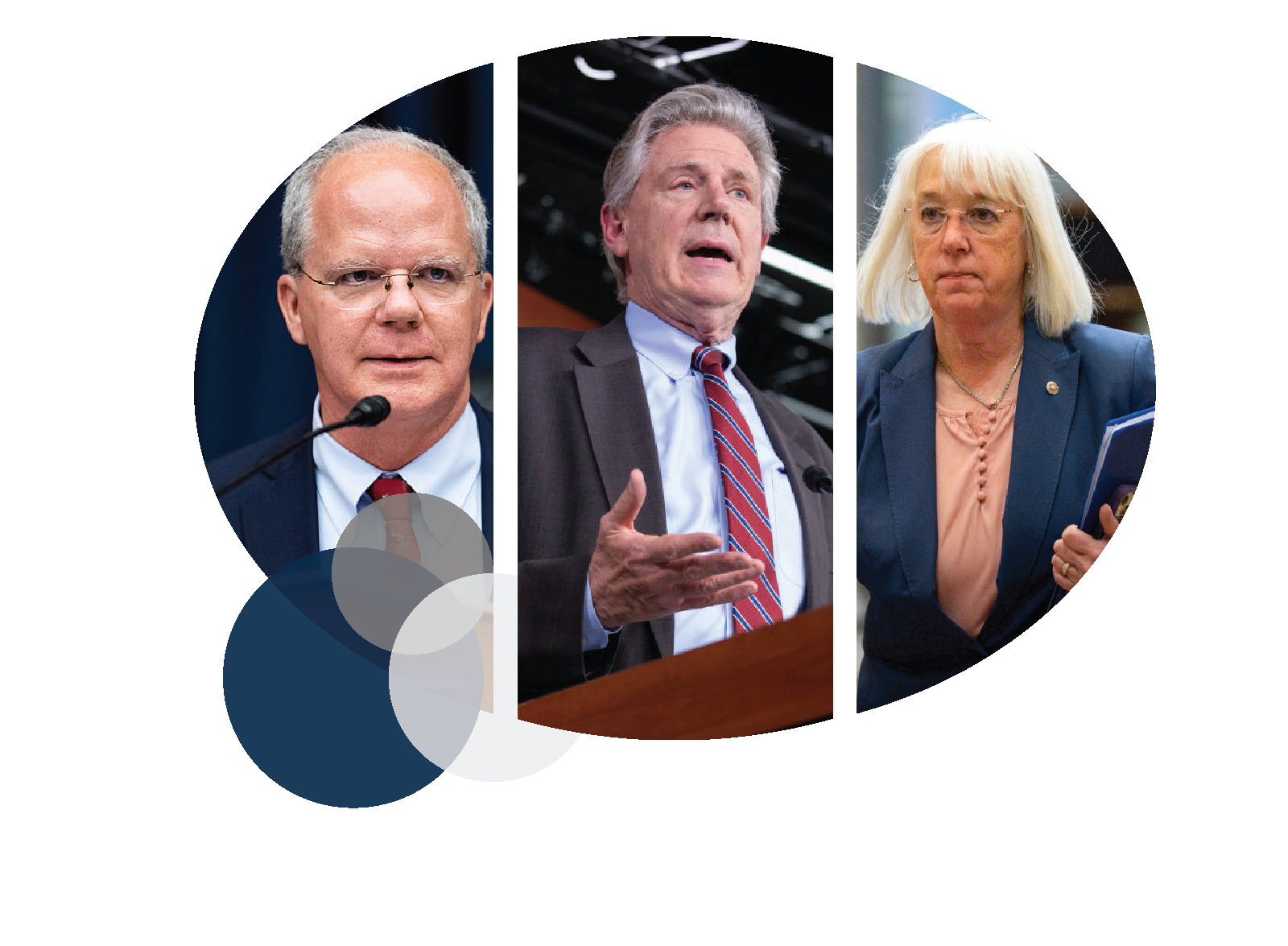A Leading Voice
Congress plays a pivotal role in shaping the direction of medical discovery, how the pharmaceutical industry navigates a complicated regulatory system and how the public accesses health care.
For a Capitol Hill perspective on the future of medicine, we spoke with Sen. Bill Cassidy (R-La.), one of a handful of medical doctors in Congress. As chair of the Senate Health, Education, Labor and Pensions Committee, Cassidy is uniquely positioned to use his medical expertise to shape health care policy and drive legislation that impacts the life sciences sector.
“Health care should be about sustainability,” Cassidy told us.
Lawmakers from both parties are focused mainly on crafting policies that can help spur innovation for medical cures and expand access to those treatments. Republicans and Democrats, however, differ on the best approach to achieve this. Cassidy has often found himself in the middle of these debates.
One policy. Far-reaching consequences.
Price control proposals like the Most Favored Nation (MFN) model threaten America’s leadership in medical innovation. By tying U.S. drug prices to those set by foreign governments, MFN would discourage the private investment that drives the development of new treatments. This short-sighted approach risks stalling research, harming startups, and delaying patient access to lifesaving therapies across the board. The U.S. leads the world in drug innovation because we reward risk-taking and scientific progress.
MFN doesn’t just borrow from other countries — it imports their worst ideas.
Learn more at incubatecoalition.org.
The Louisiana senator pushed back on the frequent criticism that drug companies shouldn’t be focused on profits, arguing instead that those revenues help drive innovation.
Cassidy emotionally recalled his experience treating HIV/AIDS patients in the 1980s before there were antibody tests to diagnose the disease.
“Every single man who came — and they were all in their 20s or early 30s — died,” Cassidy said. “And the reason they began to live is because drug companies came up with drugs to treat them.”
Here’s more from the conversation with Cassidy:

Medicaid: The health care program has been a sticking point in the GOP’s budget reconciliation bill as Republicans seek to scale back federal spending and find savings for other elements of the measure.
One of those ideas involves limiting the use of Medicaid provider taxes. Democrats say that would amount to cutting Medicaid by forcing states to find other ways to make up the costs. Cassidy says it’s a way to get states to pay their fair share.
“States are continuing to pull out money and use provider taxes to get the federal government to end-fill. What happens is, the more the federal government is, the more the states pull back,” Cassidy said. “They cut taxes, they give more pork to their state legislators, they build another stadium — they don’t spend it on health care. The Medicaid dollars they are supposed to allocate are being used on anything but health care.”
Drug pricing: Cassidy is also focused on the 340B Drug Pricing Program, which is intended to assist low-income patients with prescription drug costs. He recently authored a report on how to reform the program, arguing it has increasingly become a way for pharmacy benefit managers (PBMs) to juice their profits.
The program is intended to give hospitals and other medical organizations a lower acquisition cost for drugs, while charging a higher cost to the payor.
Most of the patients Cassidy once treated were incarcerated, uninsured or Medicaid beneficiaries. He recalled patients accessing critical medicines they otherwise wouldn’t have received without the 340B program.
“The original intent of the program was to enable care for Medicare, Medicaid and the uninsured. Inherent in that is that we want to use the money as efficiently as possible,” Cassidy said. “This was never meant to be part of an earnings call. It was meant to be part of patient care.”

How can one legislative fix catalyze medical innovation? The bipartisan Ensuring Pathways to Innovative Cures (EPIC) Act aims to eliminate the “pill penalty,” aligning small molecule drug policies with those of biologics. This change would restore incentives for developing vital treatments and ensure continued progress in patient care.
Profits for innovation: Cassidy views the medical industry’s profitability as an important driver of innovation and new drug discoveries.
Health care should be about sustainability.
Sen. Bill Cassidy (R-La.)
“Now, we can toss that to the side and say we don’t need innovation, in which case we’d never find a cure for Alzheimer’s, we’d never find better cures for cancers,” Cassidy said.
“All these things that we now look upon as intractable — ALS, for example — we don’t find a cure for because we decide we’re not going to let drug companies make a dime of profit. As a doc, that would be a tragedy,” he added.
— Andrew Desiderio






